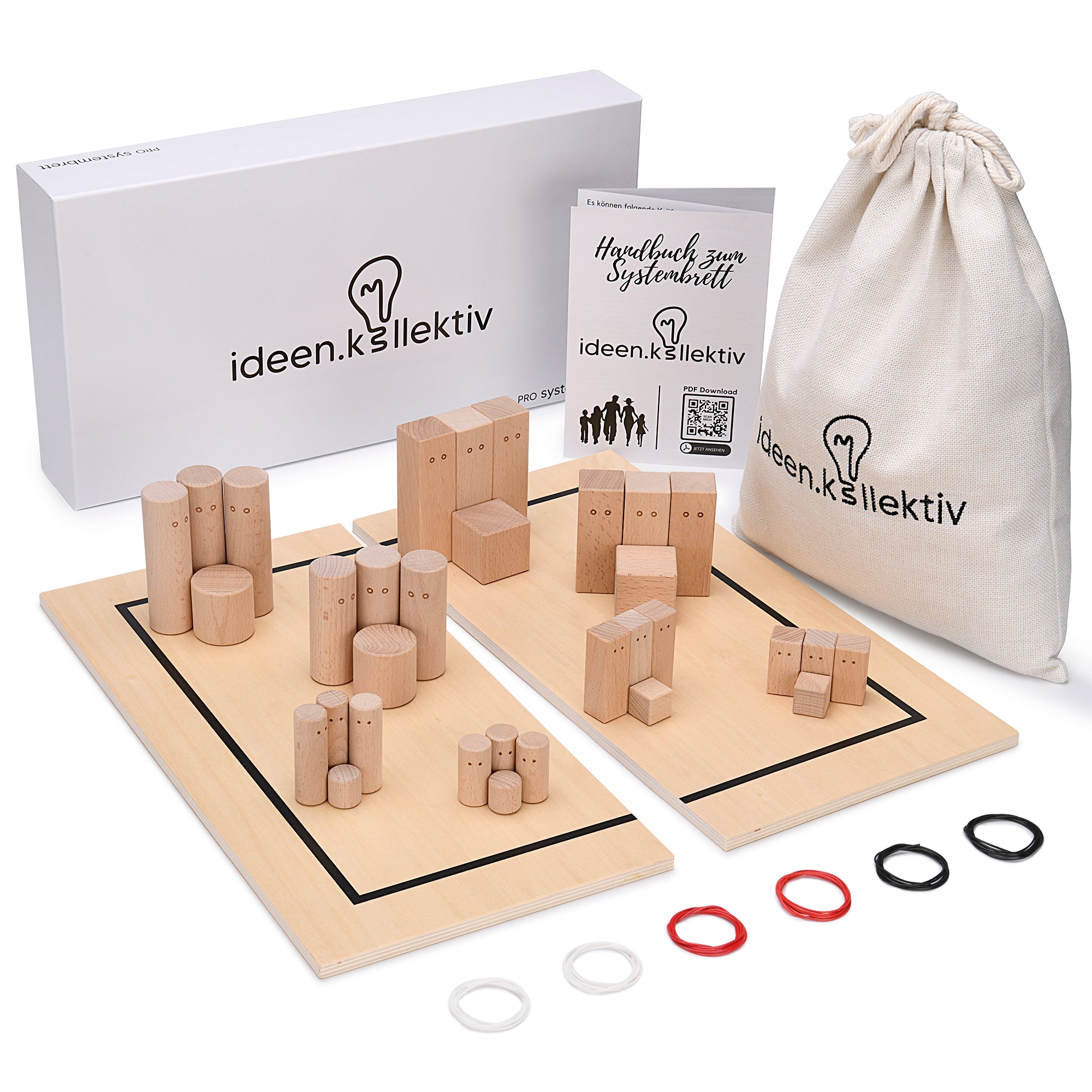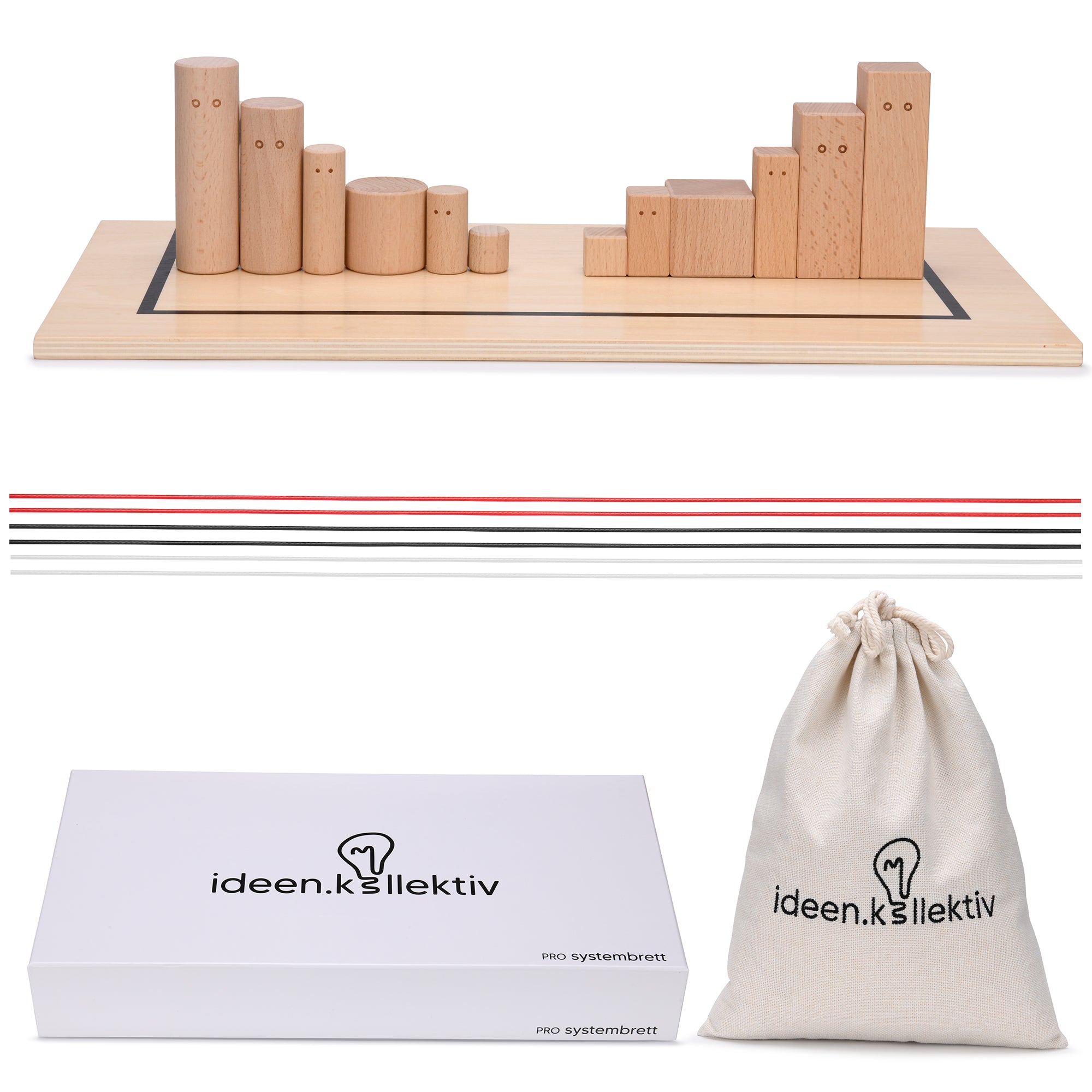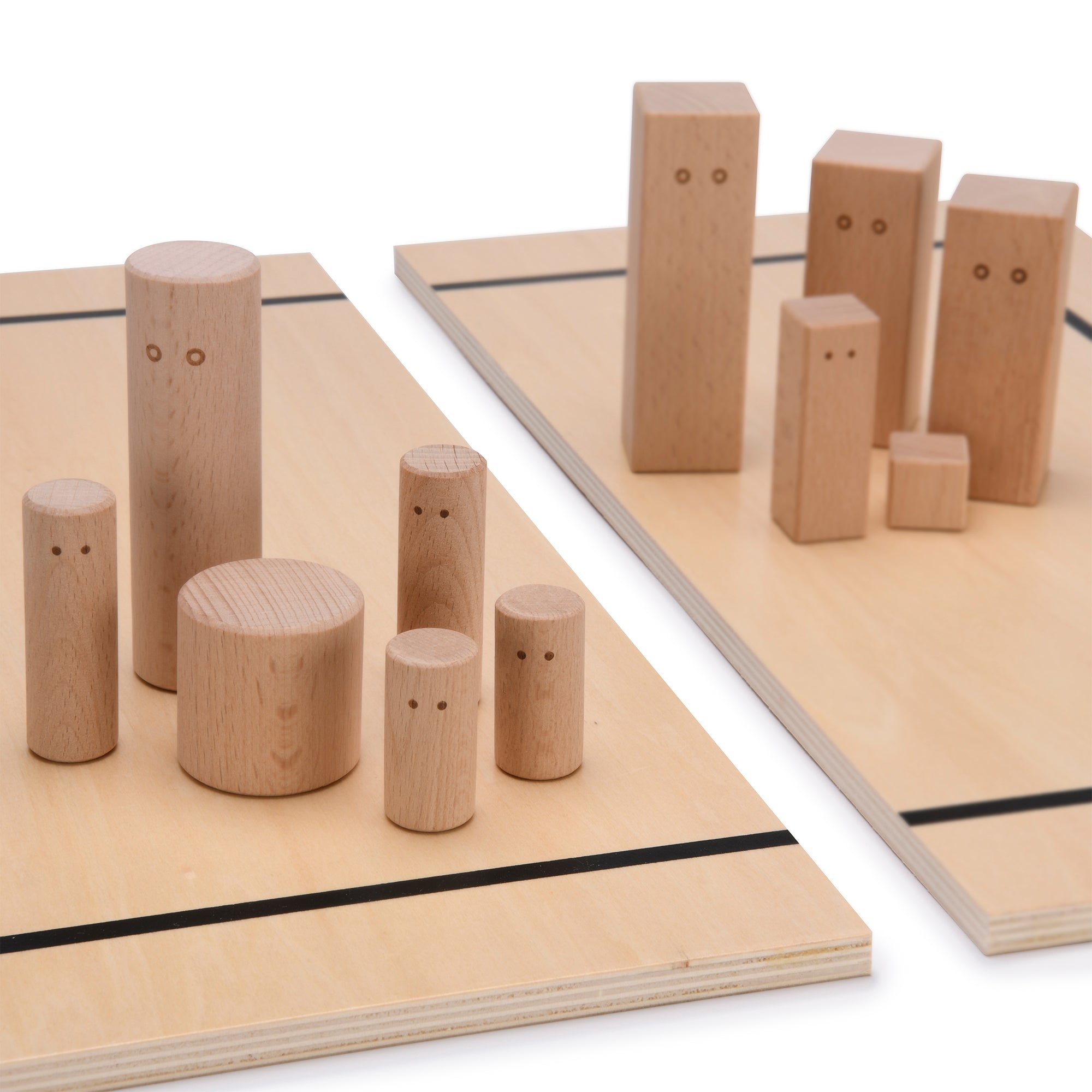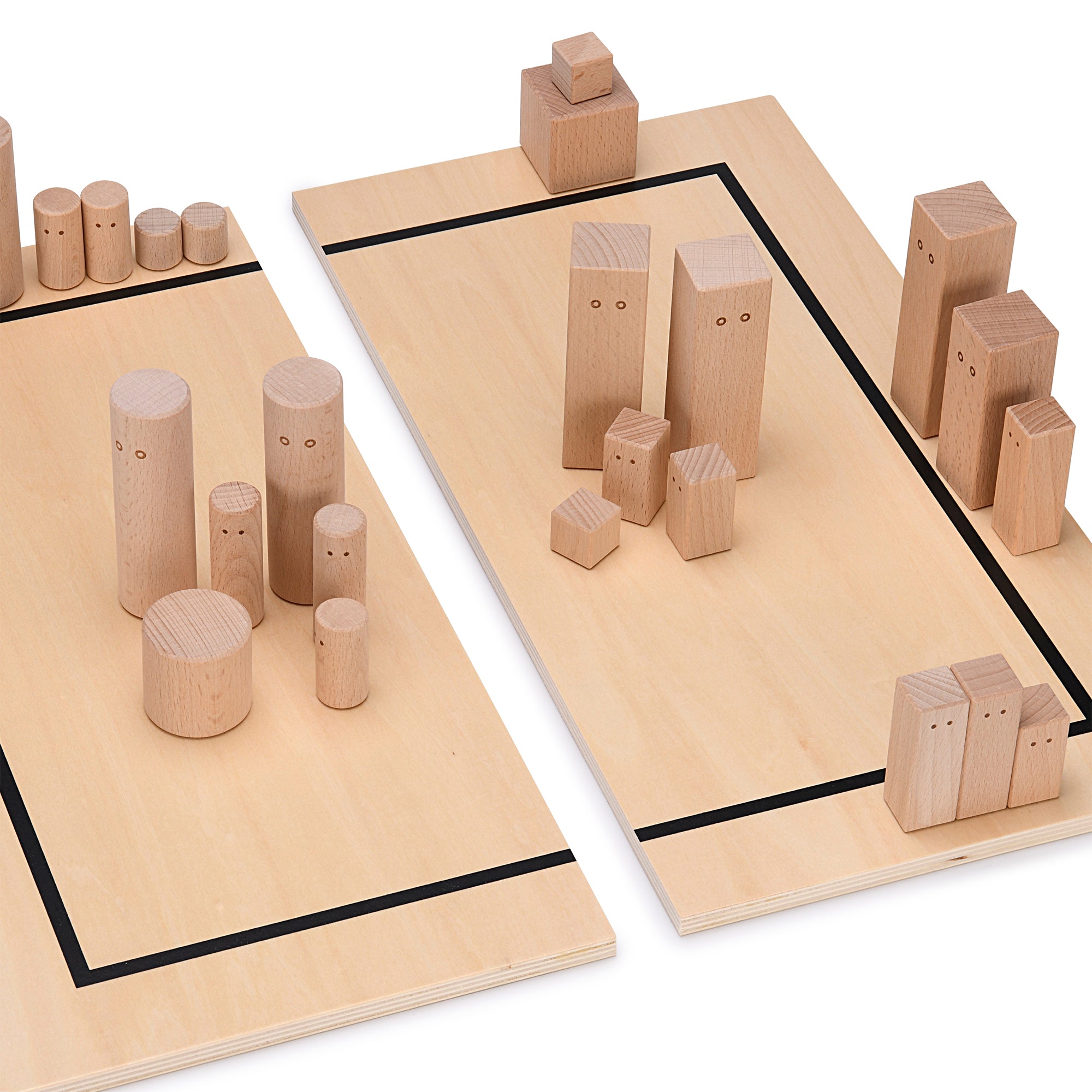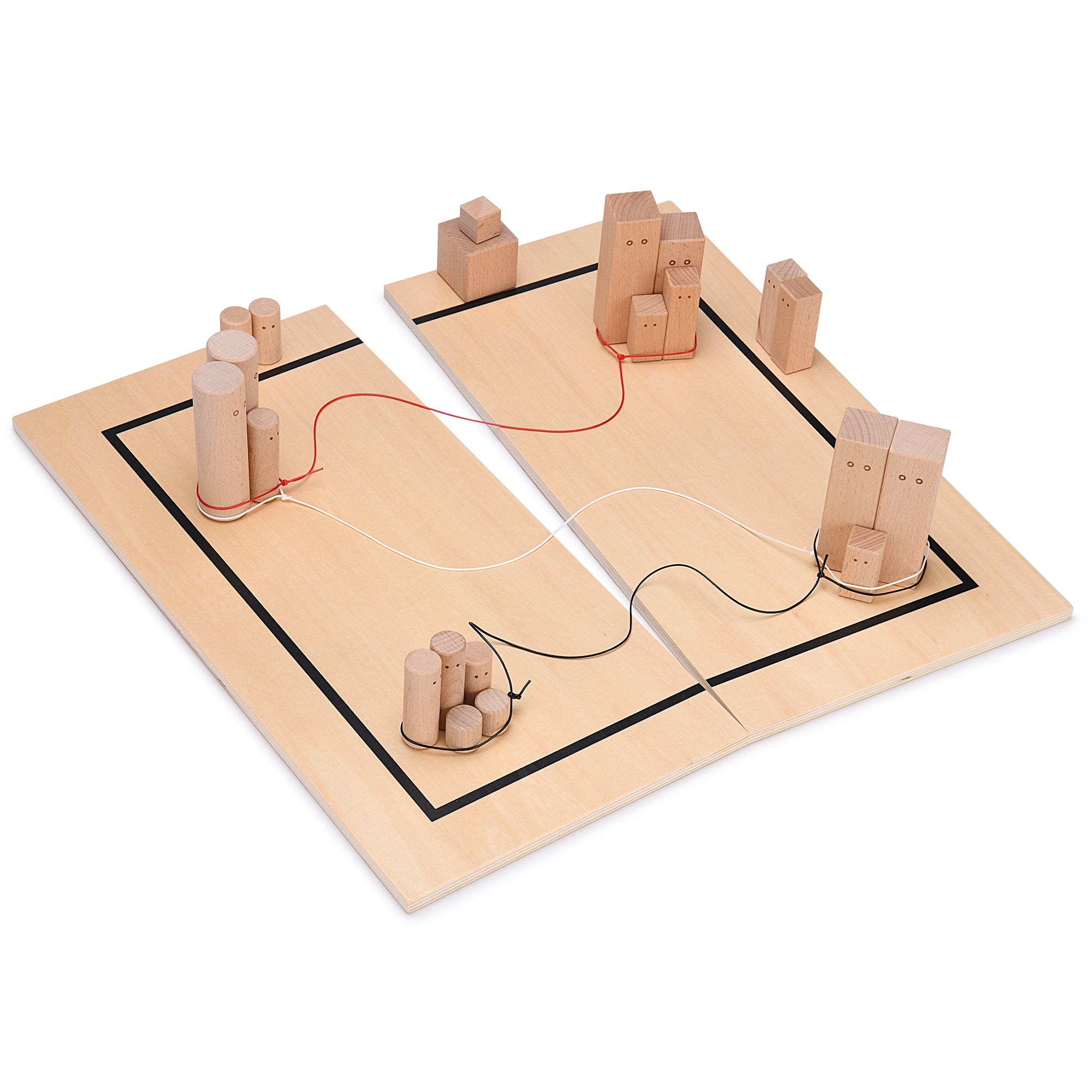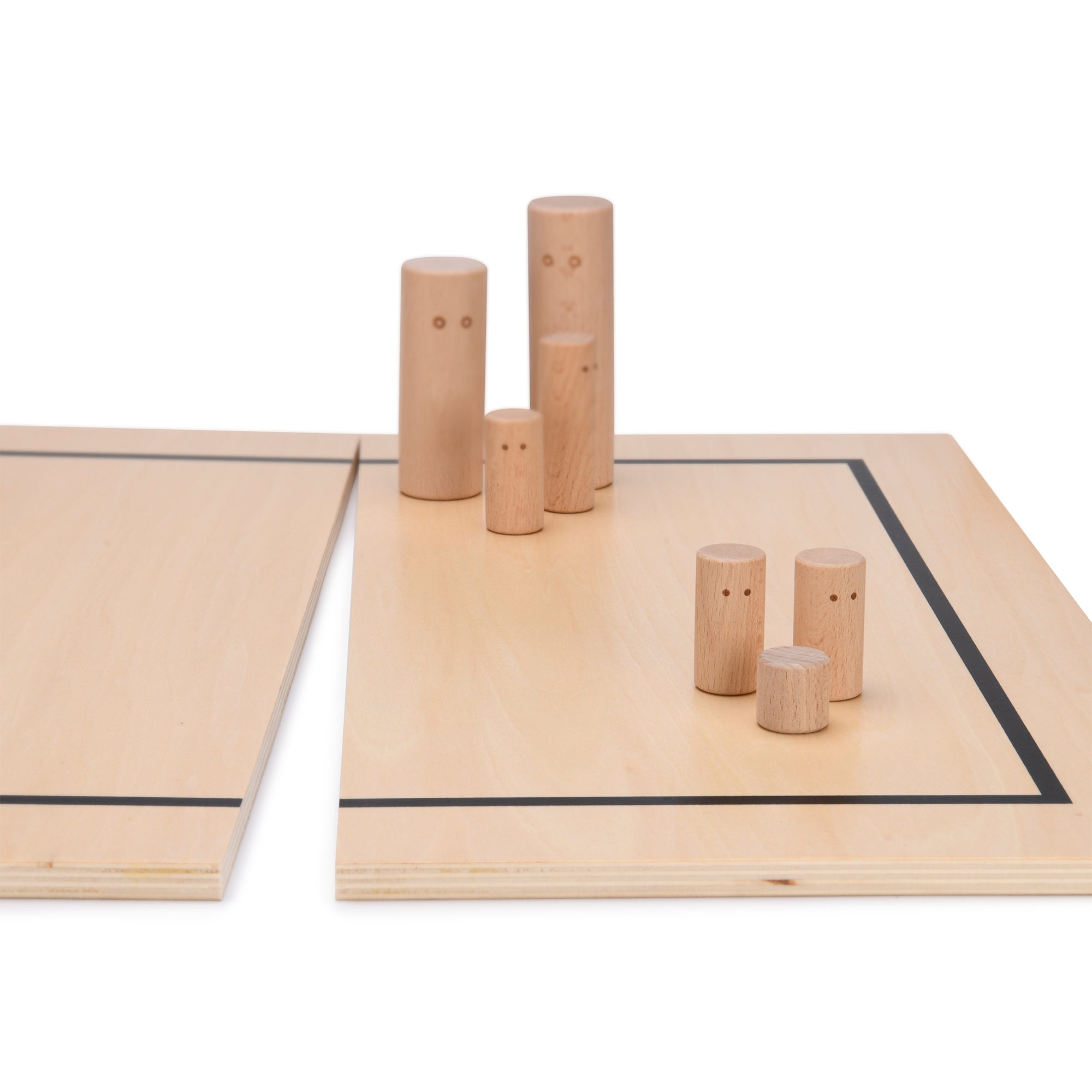What is team building?
Team building refers to activities and processes that aim to improve cooperation and cooperation in a team. The focus is on promoting trust, communication, cohesion and effectiveness. Team building activities can take place both indoors and outdoors and range from playful exercises to serious group discussions. The goal is to get team members to get to know each other better, build trust, and function as a unit.
What is Systemic Coaching?
Systemic coaching is a form of coaching that focuses on the relationships and interactions within a system. The system can be a team, a department or the entire company. Instead of focusing exclusively on individual problems, systemic coaching looks at the entirety of the relationships and dynamics that influence the behavior of individual team members. It helps to recognize patterns and find solutions that positively influence the entire system.
The connection between team building and systemic coaching
The connection between team building and systemic coaching lies in their common goal: improving team performance and dynamics. While team building activities lay the foundation for a strong team, systemic coaching goes one step further by analyzing and optimizing the underlying structures and processes.
For example, systemic coaching can help identify and resolve deep-rooted conflicts within a team that may not be immediately revealed through traditional team building measures. It allows team members to better understand how they fit into the overall fabric of the team and how their actions impact others.
Team building, on the other hand, creates an ideal environment for systemic coaching, as the team members have already created a basis of trust through joint activities and are more open to change and self-reflection.
The advantages of the combination
The combination of team building and systemic coaching can bring numerous advantages:
-
Improved communication: Team members learn to communicate more effectively with each other and reduce misunderstandings.
-
Greater trust: Team building activities create a sense of togetherness and trust among team members.
- Effective conflict resolution: Systemic coaching helps to uncover deeper conflicts and find sustainable solutions.
- Optimized teamwork: Understanding individual roles and their influence on the team leads to better coordination and efficiency.
- Increasing team performance: A harmonious and well-functioning team can sustainably increase its performance.
Conclusion
Team building and systemic coaching are two powerful tools that can work hand in hand to improve team collaboration and effectiveness. While team building lays the foundation, systemic coaching enables in-depth analysis and optimization of team structures and dynamics.
Companies and organizations that invest in combining these two approaches are typically rewarded with a stronger, better functioning and more successful team. It is important to emphasize that the implementation of these measures should not be just a one-off, but regular, in order to achieve long-term and sustainable results.


